Addiction & Mental Health Treatment in Cape Cod



- 4.7
A Place Where You’re Heard, Understood, and Supported
The Recovery Team’s facility in Falmouth, Massachusetts offers comprehensive addiction treatment and mental health care in a peaceful, coastal setting.
You get evidence-based care with a strong focus on mental wellness — including innovative holistic options like experiential therapy, Reiki, and acupuncture to support both mind and body.
With hundreds of 5-star reviews and treatment covered by most insurance plans, it’s a trusted place to find real support. Plus, the Cape Cod setting, complete with beach outings and fresh ocean air (weather-permitting), provides a serene backdrop for real healing.
Treatment For:
Get help for substance use disorders — including alcohol, opioids, stimulants, prescription medications, and more — or for mental health conditions like anxiety, depression, PTSD, and trauma-related disorders. Or, address both for comprehensive healing.
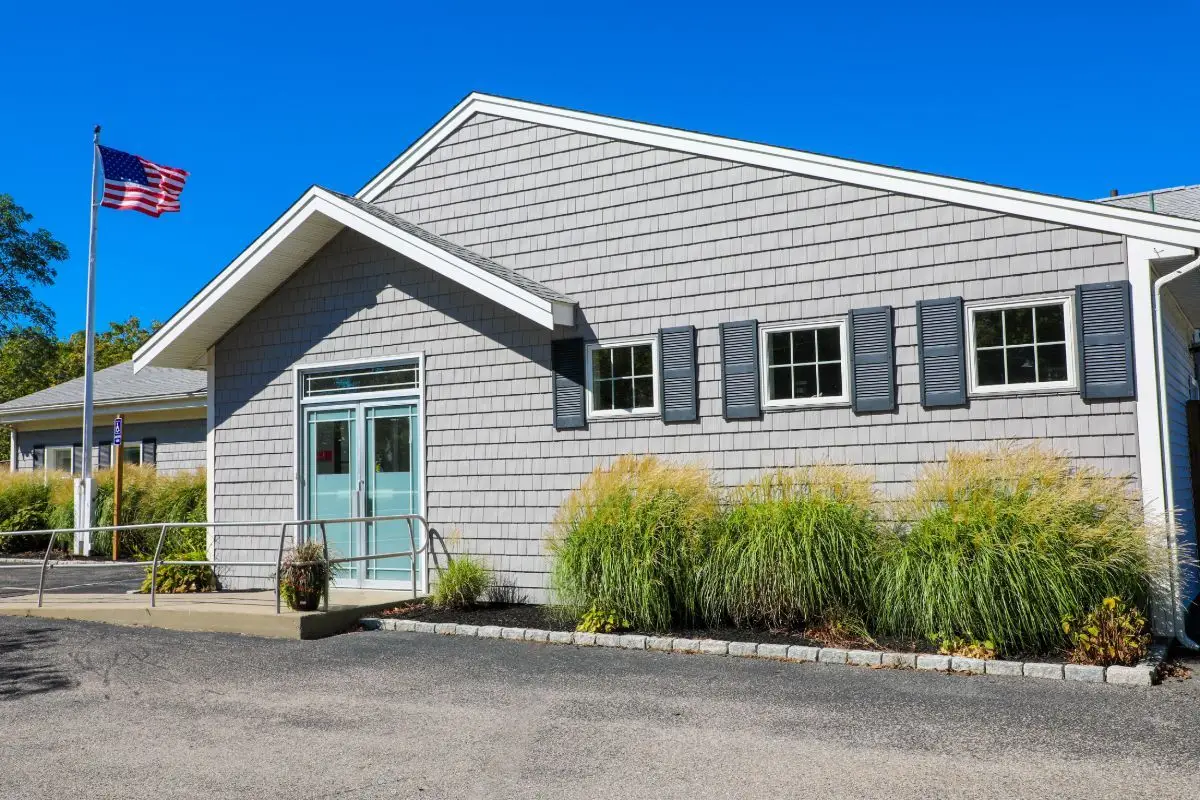


Personalized, Comprehensive Treatment Options
With both intensive full day programs and partial day outpatient programs, you have a treatment options that meet you where you’re at. All programs combine proven therapies with holistic options and comfortable amenities. No matter your situation, there’s a way to regain control and start feeling better!
Proven, Evidence-Based Therapies
The therapies offered here are rooted in science and designed to be personalized to find what works for you. The well-rounded approach to treatment combines these intenseive, evidence-based therapies with holistic care, and comfortable amenities to provider the most effective support.
- Acceptance & Commitment Therapy (ACT)
- Cognitive Behavioral Therapy (CBT)
- Dialectical Behavior Therapy (DBT)
- Medication Management Treatment (MAT)
- Motivational Interviewing (MI)
- Experiential Therapy
Holistic Care
Ensure every part of you—mind, body, and spirit—is nurtured and supported throughout the healing process. Holistic options unlock subconscious blocks and prevents burnout after intensive therapy.
- Equine Therapy
- Yoga
- Reiki
- Acupuncture
- Fitness & Nutrition
- Meditation
- Art Therapy
- Adventure Therapy
Comfortable and Engaging Amenities
You’ll never be bored at treatment here. Amenities are carefully designed to provide comfort, support, and a sense of peace throughout your stay (weather-permitting). You’ll see for yourself that recovery can be fun.
- Basketball Court
- Professionally Catered Meals
- Pool
- Cape Cod Canal Walks
- Volleyball
- Equestrian Outings
- Fishing
- Beach Outings
Support After Treatment
- Aftercare Planning
- Family Therapy Program
- Alumni Program
Treatment Here is Covered by Insurance
Most insurance plans cover treatment here, making the cost to you as low as possible - sometimes even zero.






Most Of Us Are In Recovery Too!
In addition to their professional qualifications, every single person here genuinely cares about your progress. The clinical, medical, and peer coaching teams don’t just treat symptoms—they’re invested in your long-term wellness.
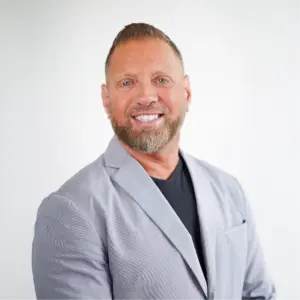
Dr. Sal Raichbach, LCSW, PsyD
Chief Clinical Officer
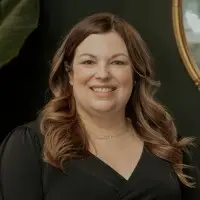
Dr. Sarah Calnan, MD
Medical Director
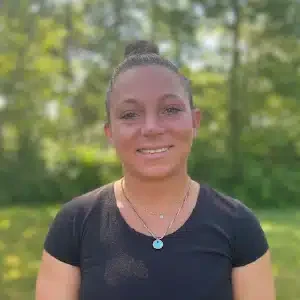
Samantha McGrath, LADC 1
Clinical Program Coordinator
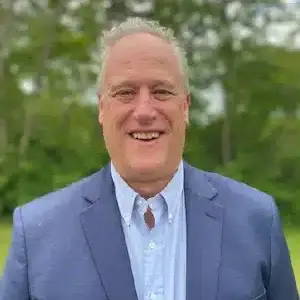
Ronald George Marcellus, LMHC
Clinical Director

Jennifer Wilmot, LADC 1
Lead Therapist
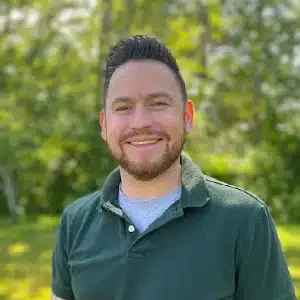
Jeffrey Spruance, MA
Therapist
Available 24/7
The Next Step Is A Simple Phone Call
We know that starting treatment can come with a lot of questions. We’re ready to provide answers, address your concerns, and support you throughout the process. Give us a 5-minute call for more information about our services in Cape Cod. There is no commitment or judgement – we’ve been there before ourselves.
Contact us for more information :
Call Us
(800) 817-1247
Verify Insurance
100% Confidential
Our Locations
279 Brick Kiln Rd, East Falmouth, MA 02536
(Other Massachusetts location in Newton, MA)
